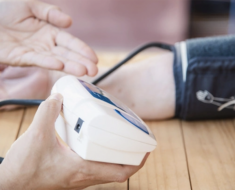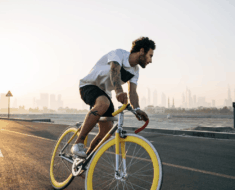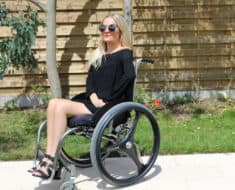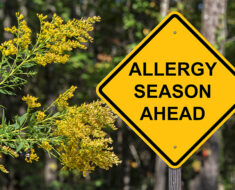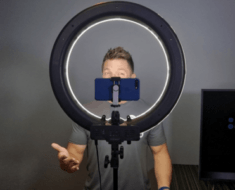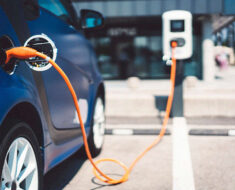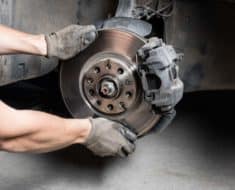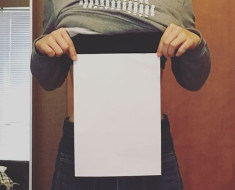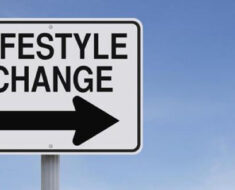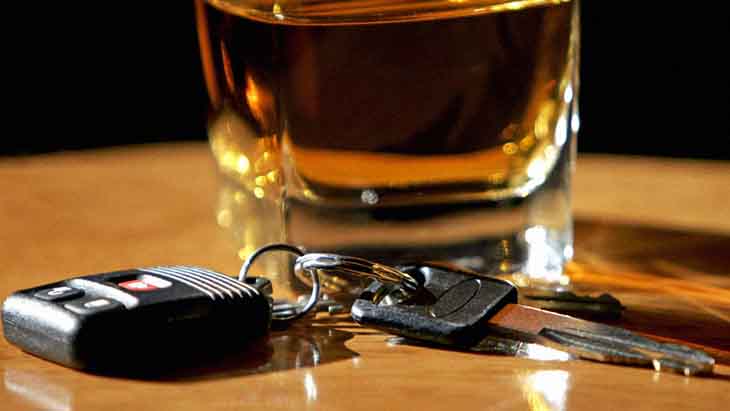
CityNews Toronto
What is Impaired Driving?
Operating a vehicle including cars, trucks, motorcycles, boats, airplanes, trains, jet skis and snowmobiles, under the influence of illegal drugs, cannabis, alcohol and over-the-counter prescription medications is acknowledged as impaired driving. It is a serious offence under the Criminal Code of Canada, and is an issue of public health and safety.
Impaired driving is the leading criminal cause of death and injury in Canada. In 2017, there were more than 69000 impaired driving incidents reported by the police, including almost 3500 drug-impaired driving incidents.
Throughout Canada, the maximum legal amount of Blood Alcohol Concentration (BAC) for licensed drivers of age 21 and above, is 80 milligrams of alcohol in 100 millilitres of blood, or 0.08%. THC is the primary psychoactive component of cannabis. The prohibited level for THC (cannabis) is 5 nanogram THC per millilitre of blood, or more than that. Having any amount of detectable traces of LSD, psilocybin, psilocin (magic mushrooms), ketamine, PCP, cocaine, methamphetamine or 6-mam (a metabolite of heroin) in your body within two hours of driving will land you behind bars.
Penalties for Impaired Driving
Following are the penalties you’d have to face if you fail to hire a reputable impaired driving lawyer, in case of an offence:
First offence
- 3-day licence suspension. This cannot be appealed.
- $250 penalty
Second offence within 5 years
- 7-day licence suspension (3-day suspension for commercial drivers). This cannot be appealed.
- $350 penalty
- You must attend a mandatory education program
Third and subsequent offences within 5 years
- 30-day licence suspension (3-day suspension for commercial drivers). This cannot be appealed.
- $450 penalty
- You must attend a mandatory treatment program
- You will be required to use an ignition interlock device for at least six months.
- You will need to undergo a mandatory medical evaluation to determine whether you are eligible for driving in Canada.
Precautions
Drinking and driving do not mix. No risk is worth more than your safety and the lives of pedestrians. Here are some ways to avoid impaired driving in Canada:
Assign a Designated Driver
Appoint someone trustworthy and responsible in your group of friends to be the designated driver. Either use the lucky draw logic to determine the driver, or opt for the volunteer system. So that everyone gets a turn, being the sober designated driver. If no one steps up to be the designated driver, act responsible and do it yourself. Missing out on a drinking night is far better than ending up in the emergency room.
Call Someone You Trust
If you’re stuck in a situation where you or someone else plans to drive while being intoxicated, call a close friend or family and share your location so they could come and pick you up.
Charge Your Phone
This might sound obscurely related, but what if you get separated from your designated driver at the party. Or you need to share your location with a friend who’s coming to pick you up. You wouldn’t want your phone battery to die in such sensitive scenarios.
Seize the Keys
Before starting your booze party, take everyone’s keys and lock them away somewhere. Do not return the keys until your friends are sober enough to drive. A fun way of measuring that is to ask them to walk in a straight line towards the pool. If they fall into it, they’re too drunk to be anywhere near car keys.
Purchase Your Alcohol While Sober
If you’re hosting a house party and are already drunk when you feel the need of buying more alcohol, you may feel tempted to drive yourself to the liquor store. This will endanger your life and could even turn the party into a memorial. Buy your alcohol during the day when you’re completely sober. Once you’ve bought all the alcohol you need for the night, there’s no need to drive while being drunk.
Impaired driving can cause fatal accidents. It immensely affects your judgment, reaction time, coordination and motor skills. Try to stay as far as you could, from the steering when you’re under the influence of alcohol or any other drugs.










